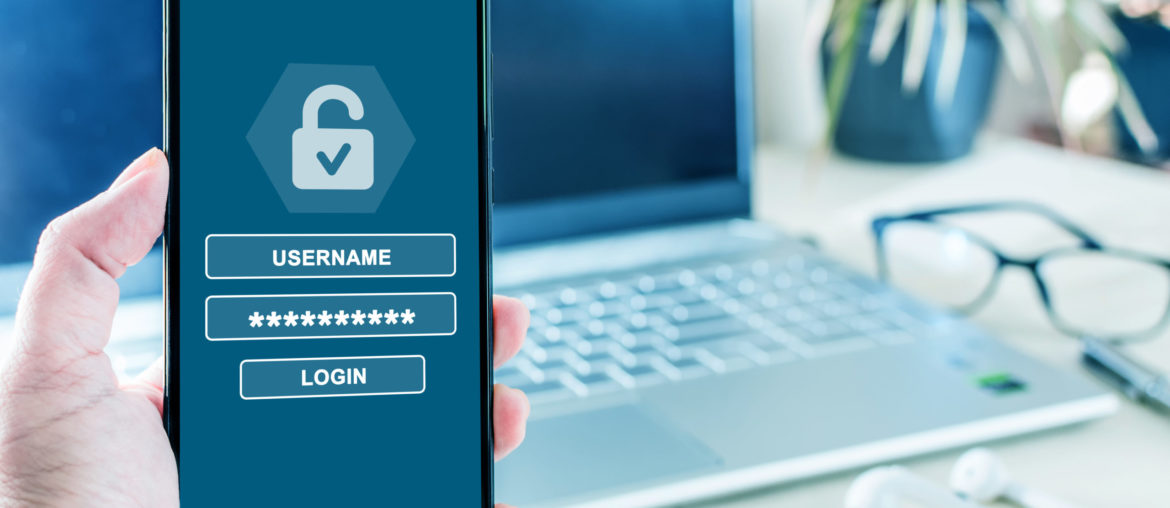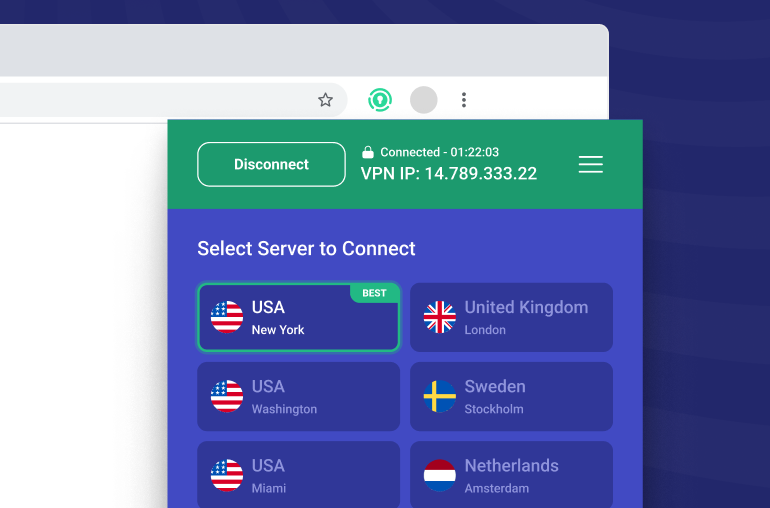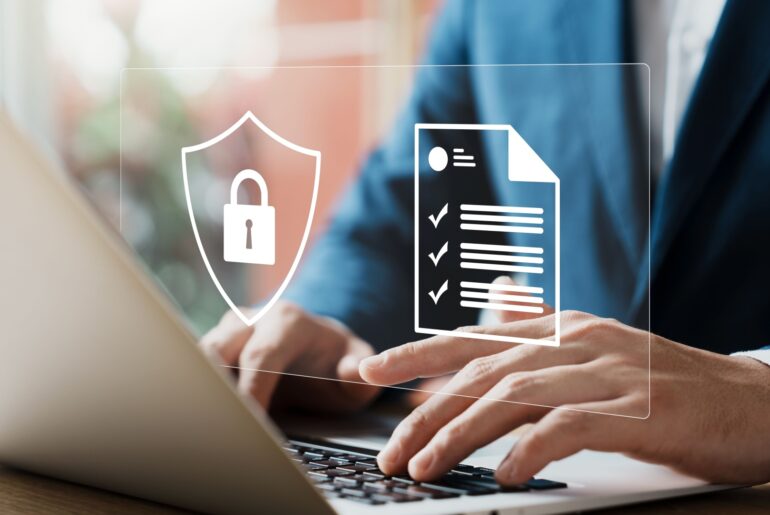A VPN, also known as a virtual private network, is one of the best Internet safety technology solutions today. These secured networks help protect your online activity and data from being monitored by bad actors. As more people collectively spend an increased amount of time online, it has never been more necessary to improve security measures for businesses and families. Especially through a VPN.
Securing your privacy with a VPN allows you to protect yourself from potential cybersecurity risks. But many users wonder: should I always use my VPN? To answer that question, it is important to understand what a VPN does for your security and how it affects the information you transfer over IP addresses.
What are the Security Benefits of Always Using a VPN?
With cases of identity theft on the rise, users are taking privacy concerns more seriously. Using a VPN to encrypt your IP address provides you a safer way to navigate the Internet by preventing cybercriminals from accessing your private information. VPNs increase your security at every level, whether you are working from home or in a busy office.
Utilizing a VPN may also help you avoid “bandwidth throttling.” That’s when your ISP purposely slows down online data transfer. This can happen when the provider is overwhelmed with streaming or other services that require additional bandwidth, like gaming. If an ISP notices that you frequently stream or play games, they might reduce your connection speed. Using a VPN will prevent your ISP from seeing what specific services you use online. Moreover, it can keep your ISP from monitoring your connection and creating a log of your online activity. When you use a VPN, it improves your privacy every step of the way.
When Should I Use VPNs?
There are a wide variety of benefits for users who implement VPNs, but you may be wondering: when should I use my VPN? It is always a good idea to protect your online privacy and ensure that your personal information stays secure. However, it’s important to know the best times to use a VPN to ensure your safety and privacy.
Maintaining Privacy on Public Wi-Fi
Accessing information over a public Wi-Fi network comes with a set of risks. If you’ve ever connected to a free, public Wi-Fi network in a coffee shop or a similar location, you may be familiar with the warning message that accompanies it. These warnings let you know that anyone sharing the network with you may have the ability to access your information or violate your security. When this is the case, using a VPN can give you more security and better protection from potential threats.
Transferring your data while using a VPN keeps anyone else on the same public network as you from seeing your activity. From watching TV on a laptop to logging into your bank, the best VPNs hide your data with an encrypted tunnel. Your security is protected by using the VPN to encrypt everything that enters and exits your device.
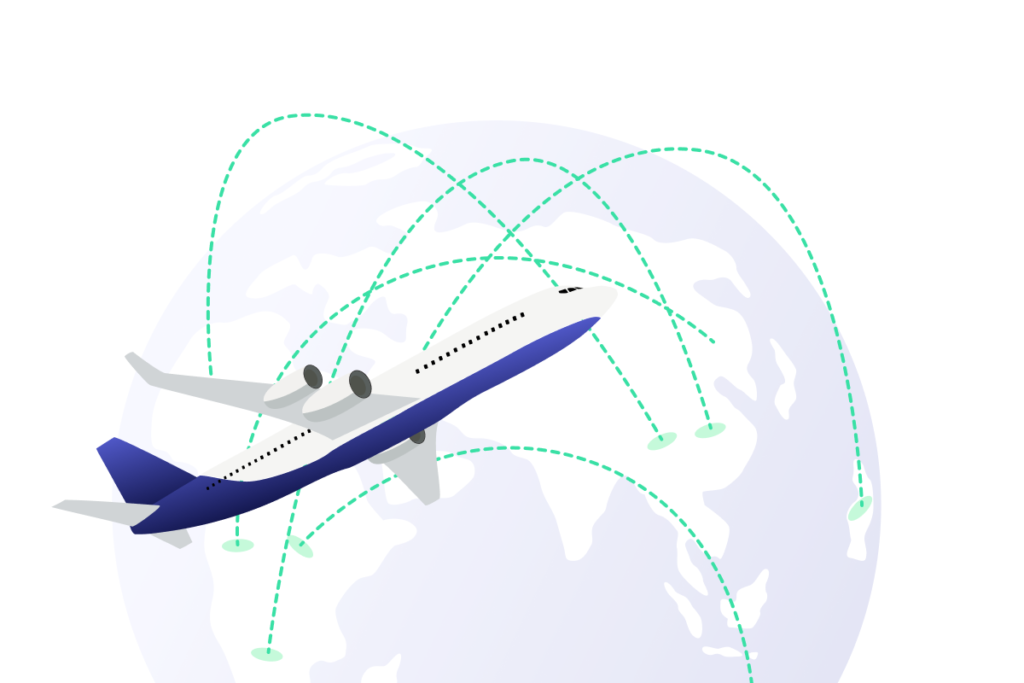
Browsing in Countries with Internet Restrictions
Depending on where you live or travel, certain places around the world place a limit on the type of content that can be accessed. Online censorship is a policy in some places. And the local ISP companies often have no choice but to comply. Some countries that censor Internet usage include:
- North Korea
- Burma
- Cuba
- Saudi Arabia
- Iran
- China
- Syria
- Tunisia
- Vietnam
- Turkmenistan
If you visit a country, or live in one, with harsh restrictions on how people access online data, a VPN is a valuable tool. Many of the best VPNs are helping oppressed citizens gain access to encrypted browsing that will allow them to bypass these restrictions. The additional security gained when they use a VPN can give everyone from citizens to freedom fighters the chance to communicate with the rest of the world.
Safely Navigating Restrictions
Certain restrictions, as mentioned above, are put in place by government entities. VPNs allow you to access restricted parts of the Internet by masking your IP address. This tells the services you use that you’re located where the VPN server is, not where you physically are. Strong VPNs are also helpful in bypassing firewalls. This is especially useful for accessing websites with limited regional availability.
Sending Sensitive Information with a VPN
One of the most common reasons an individual or business might invest in a VPN is to increase the security of private information they send to others in their network. Even private and business networks might have security leaks that VPNs can defend against. This is especially important for financial transactions, which require higher levels of security to better protect private information from hackers or bots. Whether it’s medical data or something as sensitive as a social security number, a VPN can effectively hide it.
If you have a VPN installed, a cybercriminal may still be able to identify that a connection exists, but they will not be able to monitor your activity while you are on it. This encryption can help keep your sensitive data safe and out of the hands of those who hope to steal your identity or private information.
Avoiding Pop-Ups and Ads
It can be frustrating to constantly deal with malicious and invasive forms of advertisement. They can impact your browsing experience significantly by slowing your bandwidth. When Apple changed its procedure so people using an app must opt-in to targetted advertising, only 4% did. That is a huge victory for privacy.
Many of these pop-up ads use your IP address to track your behavior and send it to advertisers. A VPN can prevent the frequent appearance of persistent and potentially risky advertisements. Not only is it less annoying, but some pop-ups can also contain malware or other dangerous viruses. Using an encrypted tunnel and effective IP masking with a VPN prevents those from infecting your devices.
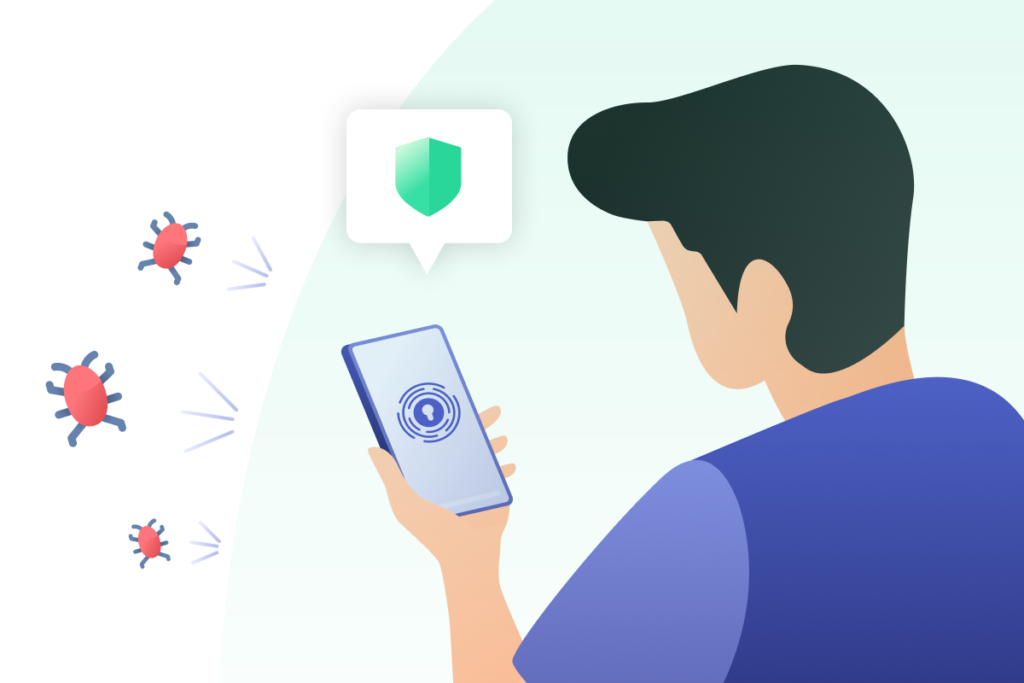
Private Browsing Made Easy
Users can have any number of reasons for wanting to privately browse the Internet. If you have a VPN installed that encrypts your IP address, you can easily browse in private with the knowledge that your data is protected securely. This can also be useful for those who want to hide their activity on a shared device or use any service that requires additional privacy.
While many web browsers come with a private or incognito mode, that only protects your data locally. A VPN not only hides your communications end-to-end, but it also covers more than just what web pages you’ve visited.
Protection from Data Leaks and your ISP
In 2018, there were 1244 reported data breaches across the United States. Hackers and data collectors thrive on being able to easily access private data from individuals, families, and businesses. With the help of a strong VPN, users can safely browse online content without worrying if their data will be leaked against their will. In fact, a VPN can specifically plug leaks that are likely to happen at the most vulnerable spots in the data stream, such as when your computer is making a request at DNS servers.
Paying Online
If you are someone who frequently shops online, you may consider keeping your VPN on at all times. Paying for items and sending money are some of the most common ways that hackers are able to access and steal credit card numbers and bank account access. Always use a VPN when you are performing any kind of financial task to better protect your data.
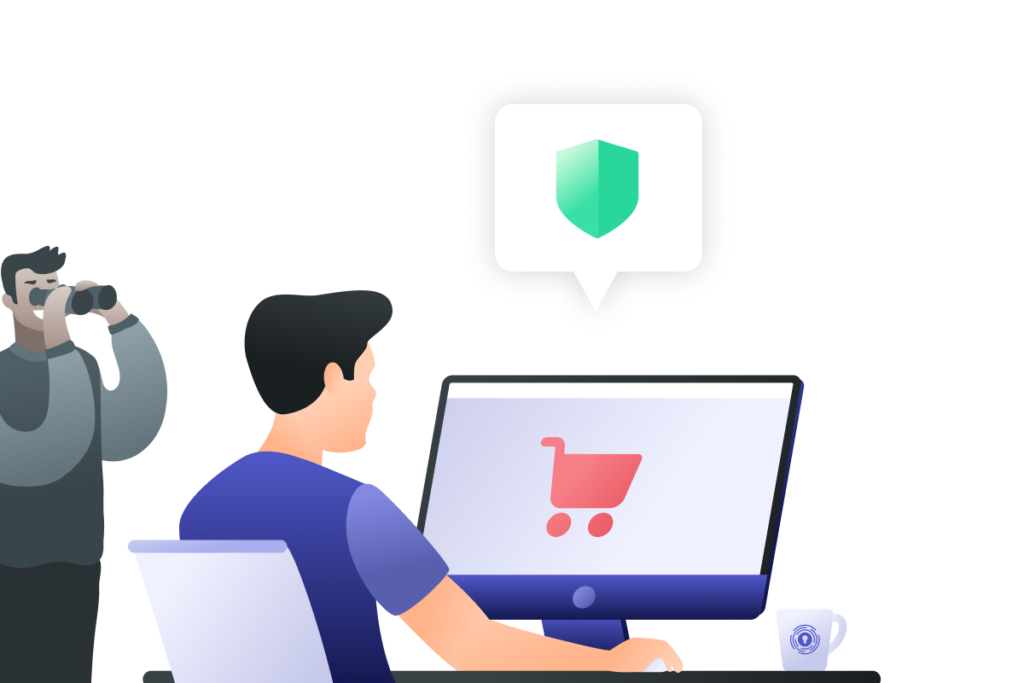
Is It Okay to Leave My VPN On All the Time?
For many users, security is a top priority. If this is the case for you, leaving your VPN running at all times is a great way to ensure that you are browsing and accessing the Internet safely. If you elect to turn off your VPN at any point, your real IP address is made available to your ISP and your personal information will stop being encrypted. There’s very little reason to ever turn off your VPN unless it is intentionally blocked for one of several reasons. In that case, keep your VPN off for as little time as necessary, then turn it back on. In fact, see if your VPN can be set to automatically launch and connect whenever you turn on your device, just to be safe.
Whether you’re browsing the Internet at home or sending secure files at work, it is necessary to lock down your connection and protect your data. No matter how you use the Internet, you should always ensure that you are protected from potential risks or attacks by hackers and other cybercriminals. When you use a strong VPN, it can help you keep your private information safe and secure at all times.
Download PrivadoVPN
Protect your privacy with a world-class VPN. Sign up for premium access to PrivadoVPN and get unlimited monthly data, access to 300+ servers from around the world, and up to 10 simultaneous connections. Get a top-rated VPN that can secure your privacy at home, at work, or on the go.
Sign up for PrivadoVPN today!

